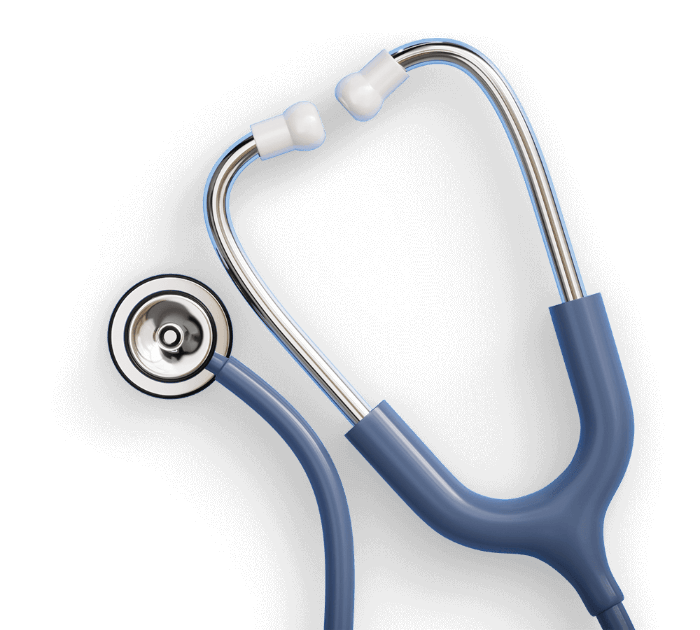The morning-after pill is a form of emergency contraception that can be used after intercourse when there is a risk of pregnancy. Although it is an effective method of preventing pregnancy in an emergency, it should not be used as a regular form of contraception.
How does the morning-after pill work and when to use it?
The morning-after pill works by inhibiting ovulation or preventing a fertilised egg from implanting in the uterus. It is most effective within 24 hours of intercourse, but can be taken up to 72 hours (Escapelle) or even 120 hours (EllaOne) after intercourse. It is used in emergency situations such as condom breakage or unprotected intercourse.
How often can the morning-after pill be taken?
The morning-after pill should not be used as a regular method of contraception. It is only intended for emergency situations. Its frequent use can lead to hormonal disorders, irregular menstrual cycles and other health problems. It is recommended to avoid frequent use of this form of contraception and to choose more stable methods such as condoms or the contraceptive pill, which are safer for long-term use.
Side effects and safety
Like any medication, the morning-after pill can cause side effects such as nausea, abdominal pain, headaches, changes in the menstrual cycle or spotting. It is worth remembering that although it is effective in preventing pregnancy, it does not protect against sexually transmitted diseases and should not be considered as a long-term method.
Where to buy the morning-after pill?
In Poland, pills such as Escapelle and EllaOne are only available by prescription. Before purchasing them, it is necessary to consult a doctor, who will assess whether the use of this form of contraception is advisable.
Cautions and recommendations
The morning-after pill is an effective method of emergency contraception, but should not be abused. It should be treated as a last resort and not as a standard method of contraception. Regular methods of pregnancy prevention, such as condoms or the contraceptive pill, are less invasive and more suitable for long-term use.
Although taking the morning-after pill in emergency situations is acceptable, frequent use can negatively affect a woman's hormonal health. If there is a frequent need for this form of contraception, it is advisable to consult your doctor to find a more suitable long-term method.
More information can be obtained by starting a medical e-consultation at any time.
